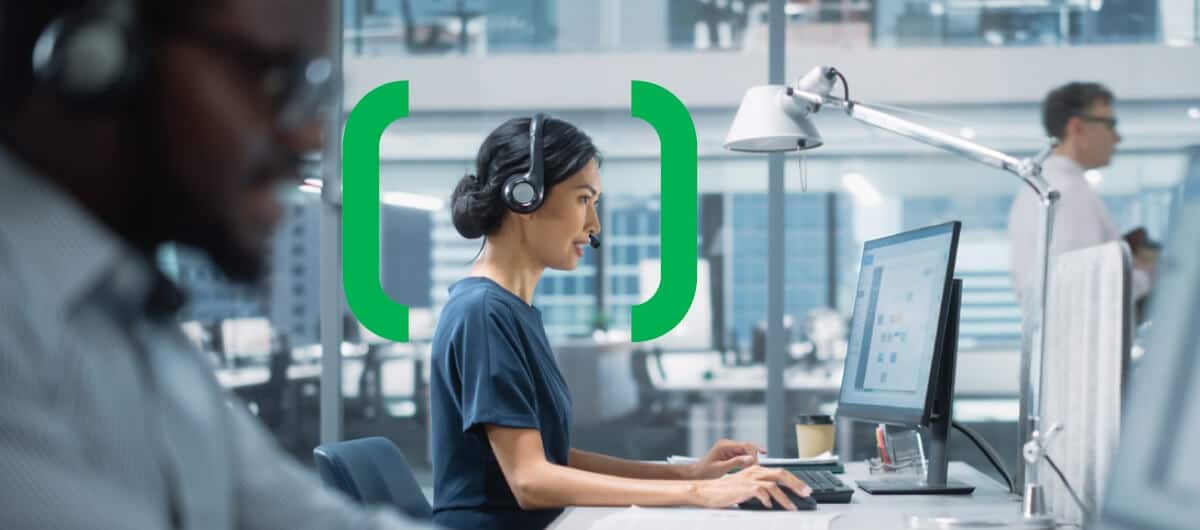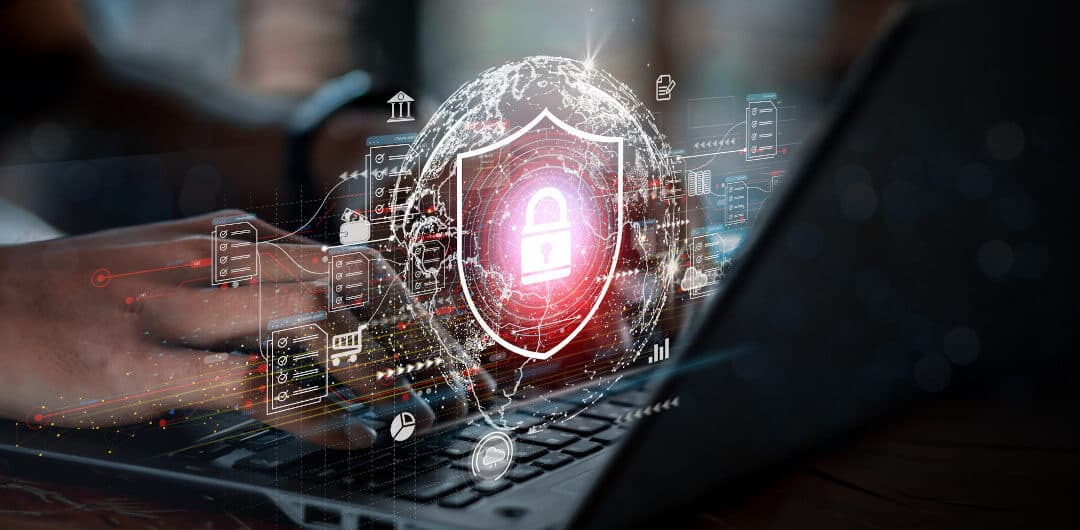Most employees are, unfortunately, are not very productive during the day. On average, the total number of productive hours total less than half of our workday. That means that companies paying for work are, instead, paying employees for personal tasks like office chats, social media updates and maybe even job hunting!
Fiscal success means billable hours related to clients, company tasks and assignments and meetings for brainstorming new ideas and strategies. Wondering if that salary is funding frequent visits to Facebook or gaming sites? Time tracking software can help companies better understand how employees are allocating their time and managing their task lists and responsibilities, but what is the best employee time tracking software?
When selecting the best solution, look for software that provides:
- Individualized time reports for all employees
- Breakdown time by each company device (e.g. phone, computer, tablet)
- Monitor time spent on apps, social media, chat, email and web sites
- Track logins and logouts from internal networks and servers
Individualized Time Reports
The best employee time tracking software provides employers with a time breakdown for each employee. Not only does this help management understand how efficient employees are throughout the day, but reports could show patterns specific to certain teams or divisions.
Patterns in reports can be useful when reviewing workflow and adjusting responsibilities. If one division shows less productivity for multiple months, this could lead to the company reevaluating the role of the division—perhaps expanding its reach in other ways.
Consistent lack of productivity for an entire division also could lead to the need to downsize or a reorganization effort. However, lower productivity may occur during specific months—like the winter holiday. The company may decide to use the downtime to prioritize internal endeavors.
When one employee begins to stick out for a lack of efficiency, the company may need to begin to look for a pattern in work habits. Sometimes companies may need to emphasize or reinforce the importance of time management, or maybe the company needs to specifically address personal internet use.
Sometimes, a consistent lack of productivity may provide ample evidence that the company may need to move on from the employee.
Monitor Time Across Multiple Devices
Not every employee spends eight hours sitting in front of a computer. Employees may utilize tablets or their work phone for business. Employers cannot and should not judge productivity by computer logins, hours spent typing or time spent viewing company documents.
Time tracking needs to evaluate other activities like phone conversations, texts to colleagues or clients and even tablet activity. Some employees may watch videos for company-endorsed continuing education classes or for background information on clients or new products.
All these activities account for the workday and need to be tracked. Software should be deployed across all platforms to capture the full picture of each employee’s on-the-clock hours.
Check Time off the Clock: Apps, Social Media, & Job Hunting
How can employees isolate the on-the-job data from the personal and recreational? The best time tracking software digitally dissects all mobile activities.
Employers can analyze how much time is spent specifically on social media apps like Facebook, Instagram and Twitter. The software also tracks chats, email and all internet activity.
However, all this activity has to be funneled for relevance. Veriato shows every web site visited online as well as every app used. How can the software distinguish between personal and productive app use, especially for marketing teams who allocate hours to social media campaigns?
Software shows which social media accounts are accessed, so employers can easily distinguish app use relevancy. Client or work accounts will be clearly visible via the software; the time tracking results won’t just say “Facebook,” they will detail specific accounts.
Email and chats also could be professional or personal. Chat or email logs related to clients or vendors can be sorted from non-company activities.
Sites related to adult content, job hunting or gambling can be flagged by software as inappropriate. Flagging these sites and this type of content allows employers to be alerted when this type of activity is discovered.
Time on the Network: Logging In, Logging Off
Every time an employee logs into the company’s network, their time will be tracked. All log offs from the system will be noted on the software, too. These typical user actions could show possible breaks in productivity during the work day; however, employers should cross reference logouts with other data (the employee could have left for a meeting).
Log notes also track idle time. So if the user is logged on the system but is inactive for hours, this could point to issues. Perhaps the employee was using a personal phone during office hours, or maybe the employee left to chat with a coworker.
Log ins and log offs are good points of reference when tracking data. However, this type of user activity alone doesn’t necessarily rule out or single out poor work habits.
After all, employees may waste time on devices that aren’t tracked–their own! A survey by OfficeTeam found that almost 60 percent of respondents “often use their personal devices at work to visit the pages that are banned by their company….”
What Employe Time Tracking Software should you choose?
What is the best employee time tracking software? Companies should select a comprehensive platform like Veriato that provides individualized time reports for every employee. These reports should note user data related to internet use, texting, social media, emails and all network activity.
Today’s employees don’t spend an entire eight hours on the computer, and software should be compatible for all other company devices—including phones and tablets. Analyzing all the data from each device allows for employers to assess the productivity of each employee.
Companies also can compile data for different teams and divisions to help determine ways to properly manage workflow and ultimately increase productivity for the entire company.

Insider Risk – How Prepared Are You?
Not every company is equally prepared to deal with insider risk. This report outlines the four stages of insider risk maturity and explores how to improve your insider risk preparedness.






